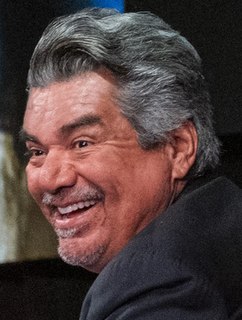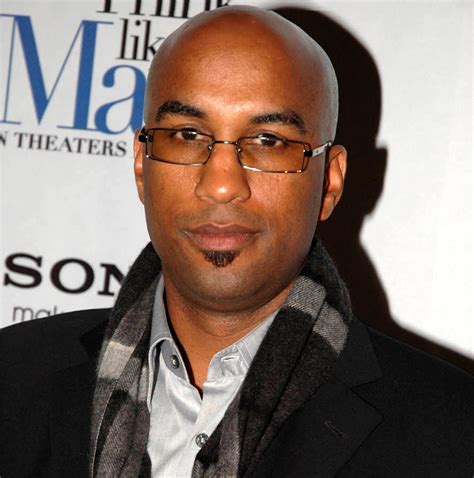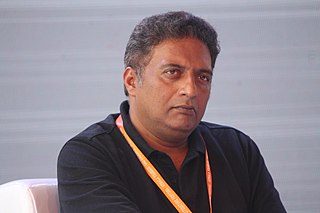A Quote by Ian Somerhalder
I don't ever want anything to come in the way of me truthfully telling a story.
Related Quotes
I want to tell you about a woman I have been married to for ten years, my wife, Ann, who speaking truthfully, saved me from myself. Who saved me from destroying myself because of my background. Who saved me from wasting my life, drinking my life away, never fulfilling my dreams because of what I had come from, and truly believing and loving - truly the first person to ever truthfully, unconditionally love me.
Every story is flawed, every story is subject to change. Even after it is set down to print, between covers of a book, a story is not immune to alteration. People can go on telling it in their own way, remembering it the way they want. And in each telling the ending may change, or even the beginning. Inevitably, in some cases it will be worse, and in others it just might be better. A story, after all, does not only belong to the one who is telling it. It belongs, in equal measure, to the one who is listening.
But I keep going on with this sad and hungry and sordid, this limping and mutilated story, because after all I want you to hear it, as I will hear yours too if I ever get the chance, if I meet you or if you escape, in the future or in heaven or in prison or underground, some other place. What they have in common is that they're not here. By telling you anything at all I'm at least believing in you, I believe you're there, I believe you into being. Because I'm telling you this story I will your existence. I tell, therefore you are.
Well, let’s start with the maxim that the best writing is understated, meaning it’s not full of flourishes and semaphores and tap dancing and vocabulary dumps that get in the way of the story you are telling. Once you accept that, what are you left with? You are left with the story you are telling.
The story you are telling is only as good as the information in it: things you elicit, or things you observe, that make a narrative come alive; things that support your point not just through assertion, but through example; quotes that don’t just convey information, but also personality.
Well, I don't ever leave out details, in that I don't come up with information or description which I don't then use. I only ever come up with what seems to me absolutely essential to make the story work. I'm not usually an overwriter. As I revise, it's usually a matter of adding in as much vivid details as seem necessary to make the story come clear without slowing down the momentum of the story.
I want hard stories, I demand them from myself. Hard stories are worth the difficulty. It seems to me the only way I have forgiven anything, understood anything, is through that process of opening up to my own terror and pain and reexamining it, re-creating it in the story, and making it something different, making it meaningful - even if the meaning is only in the act of the telling.
Characters simply come and find me. They sit down, I offer them a coffee. They tell me their story and then they almost always leave. When a character, after drinking some coffee and briefly telling her story, wants dinner and then a place to sleep and then breakfast and so on, for me the time has come to write the novel.
Part of the job is knowing how to use this medium in the most effective way for the story you're telling, so for me, to pick a genre I want to do is a little harder. I would say it's more about thinking, 'What genre will work for what kind of story?' And then, when all of that comes, I embrace it and run with it.



































